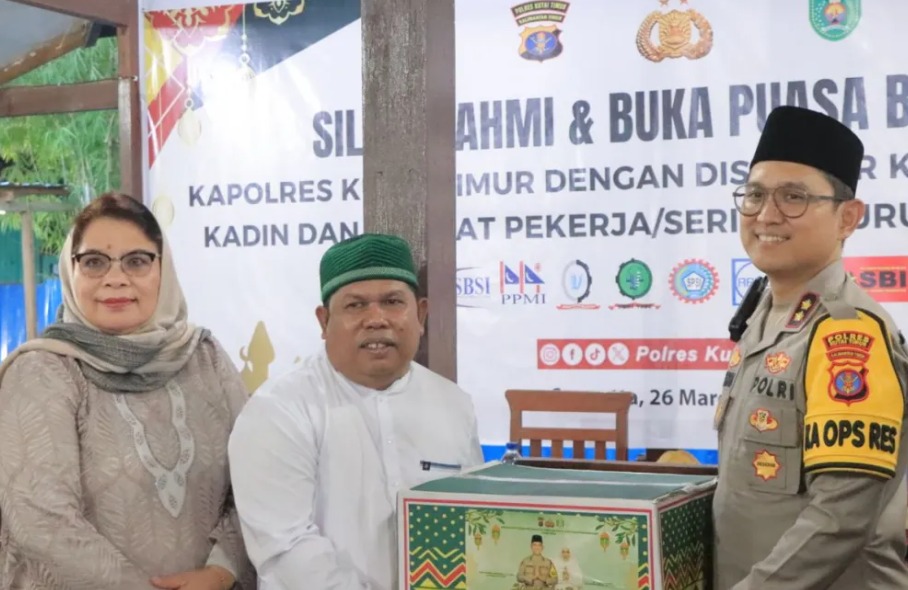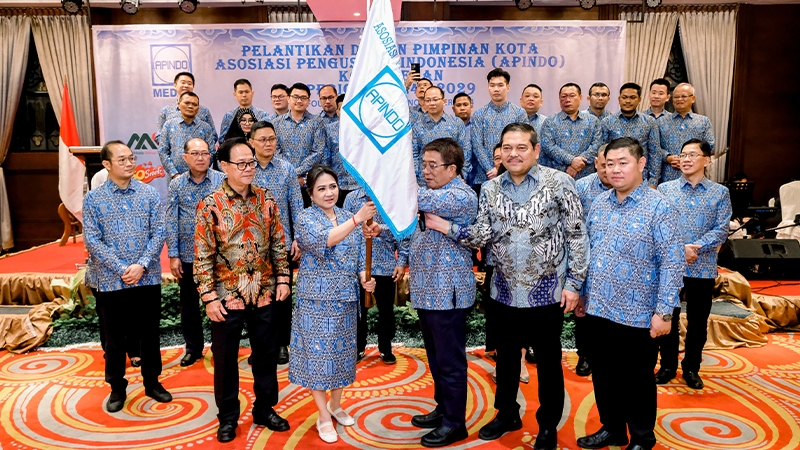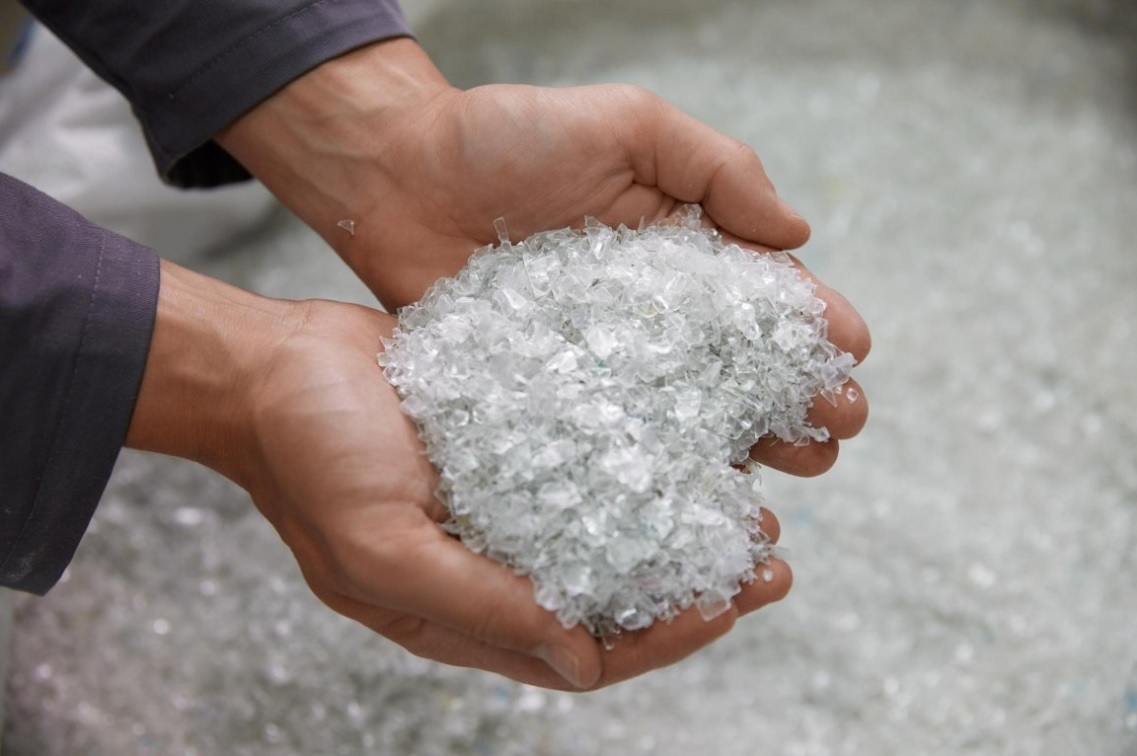Sukabumi APINDO Highlights Concerns Over U.S. Import Tariff Policy
Wednesday, 09 April 2025
SUKABUMI – The global import tariff policy imposed by United States President Donald Trump—applying a 32 percent duty on Indonesian products—has raised concerns for the Indonesian Employers’ Association (APINDO) of Sukabumi City.
This is especially troubling as the labor-intensive industries in Sukabumi City still rely heavily on the United States as a primary export destination.
“There will certainly be an impact, particularly for export-oriented businesses shipping to the U.S. They will be significantly affected,” said Ashady Sugiarto, Chairman of APINDO Sukabumi City, on Wednesday, April 9, 2025.
According to Ashady, the policy carries serious consequences, including the risk of layoffs in labor-intensive industries. The imposition of a 32 percent tariff could lead to reduced production volumes for exports to the United States.
“If this leads to mass layoffs, it’s understandable. Most labor-intensive investments in Indonesia come from foreign investors, especially from Taiwan, China, and South Korea. For us business owners, this policy is extremely burdensome,” he added.
“Eventually, those investors may reconsider exporting to the U.S. Meanwhile, many industries in Indonesia still rely on the American market. The result will be a significant reduction in the workforce,” he continued.
In addition, some of the raw materials imported for labor-intensive industries in Sukabumi City may see price hikes due to the U.S. policy.
“Imported goods could become more expensive. With this kind of policy, selling prices to Indonesia will go up. Everything is affected,” he explained.
Ashady noted that labor-intensive companies currently at risk in Sukabumi City include PT Great Apparel Indonesia and PT Saga Multi.
He expressed hope that the Indonesian government would soon engage in negotiations with the United States to secure leniency or exemption from the reciprocal tariff policy.
“Hopefully, the Indonesian government can strengthen its lobbying efforts so that the percentage set by the U.S. can be reduced,” he concluded.
Source: jurnalsukabumi.com









